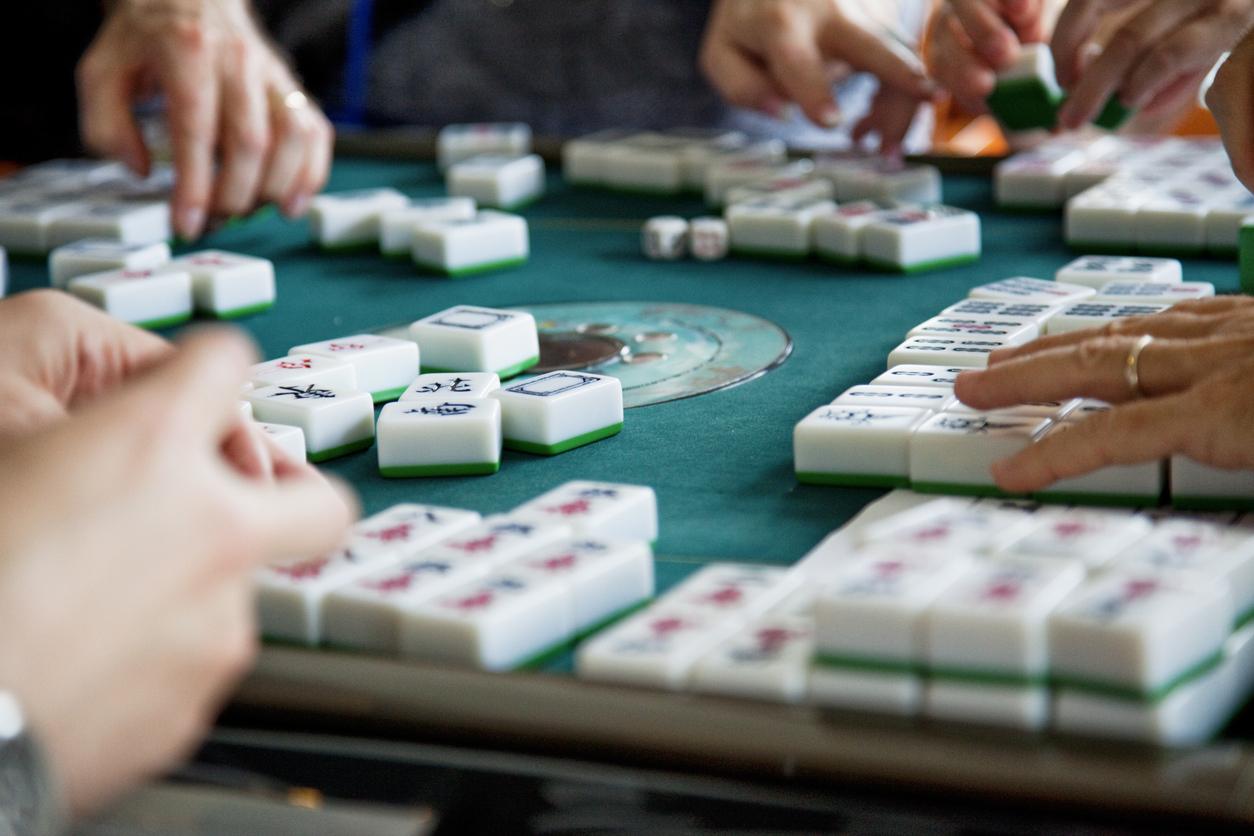Some communities favor competitive games, others practice cooperative games.

- The first board games date back to ancient Egypt.
- The authors of this study looked at 25 communities in the Pacific Ocean.
- They cannot claim that these theories are valid for modern games.
Christmas is coming, and maybe this year you’ll be playing board games as a family. Humans have been playing for centuries, but the ways of doing so vary between countries and cultures. According to research published in PLOS Onegames reflect the socio-ecological characteristics of the culture from which they originate.
Culturally marked games
There are different kinds of games: they can be cooperative, competitive or solitary. “If you live in Germany, chances are you have played a competitive game, explains Sarah Leisterer-Peoples, co-author of the study. We believe that games could reflect aspects of human cultures, such as competitiveness and cooperation.“Previously, other research has shown that in cultures where hierarchy is important, or those with differences in status and wealth, competitive games are more common. Conversely, in egalitarian cultures, or those with little or no differences in status and wealth, games tend to be more cooperative.However, these scientific studies have a limitation: they are only interested in a limited number of cultures.This time, the authors, members from the Max Planck Institute for Evolutionary Anthropology, wanted to test this claim on a larger sample.
Between cooperation and competition
The research team used historical data on games played by communities located in the Pacific. These shared some characteristics, for example, the way they find food, but had differences, especially in the standards. “We have tried to focus on these differences, while taking into account their similarities“, explains Sarah Leisterer-Peoples. In parallel, they tried to determine the importance of cooperation in each of these communities. The researchers found that communities that frequently engage in conflict with others have more cooperative games than competitive games. On the other hand, frequent conflicts with members of one’s own community are associated with more competitive games. The degree of social hierarchy of the cultures and the fact that they fished and hunted in groups n were not reliably related to the types of games played.”In times of conflict with others, group members must cooperate with each other and compete with their opponents, analyzes the scientist. This is reflected in the types of games that are played.” She adds that games mimic real-world behavior and can be a way to learn and practice group norms. “This is just the beginning of studies of games across culturesconcludes Sarah Leisterer-Peoples. There is much more to discover!”
.
















